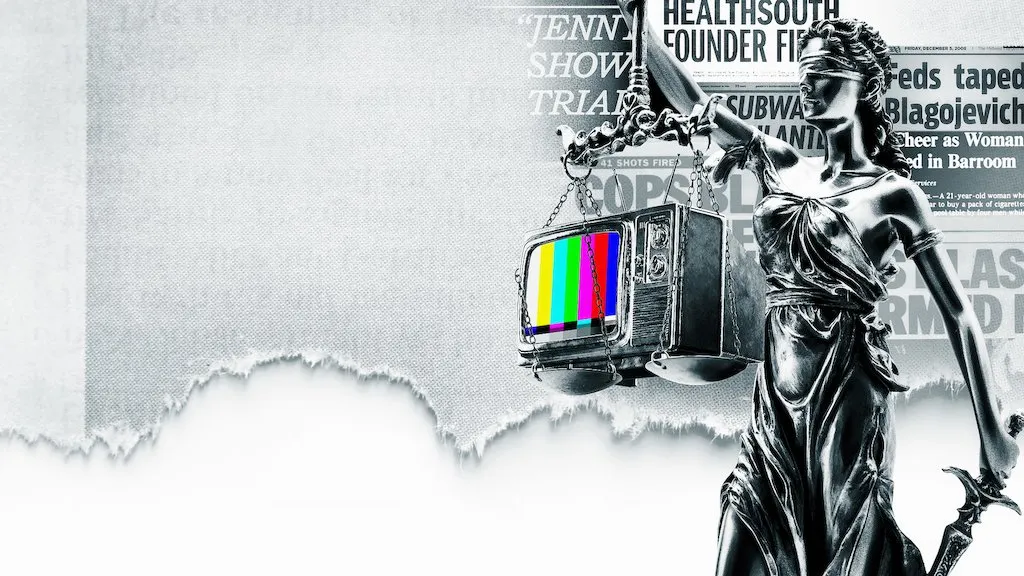"They Won't Forget" (1937), directed by Mervyn LeRoy, is a moving drama representation of societal and media influence on real life crime trials.
The film is based on a novel written by Ward Greene titled Death In the Deep South that was the fictionalized story of a real-life case of the murder of Mary Phagan and lynching of Leo Frank in 1913.
In the film, the story follows the murder of Mary Clay, a young student who is found mysteriously killed. Her murder and the trial are covered by reporters and different news publications...but not all of the reporting was ethical."They Won't Forget" is a cinematic representation of the idea of trial by media. The media affects the trial in a few different ways.
Towards the middle of the film, a reporter enters the Hale home and unlawfully uses the long-shot information given by Mrs. Hale. This creates a stir, which worsens the fact that Mary's murder is now a nationwide story. There's heavy tension and split, and the big name publications are only adding fuel to the flame.
There's questionable, unsteady evidence that is presented throughout the trial -- and ultimately, Hale is convicted of the murder without much of a fair trial. In the end, his initial outcome is altered to a lessened convicted sentence, but he is murdered by Mary's angry brothers and friends.
The idea of trial by media is a fairly new idea. Cameras being allowed in the courtroom hasn't always been the norm. Various famous court cases have been televised such as the trials of O.J. Simpson, Ted Bundy, Kyle Rittenhouse and Johnny Depp.
The Johnny Depp v. Amber Heard defamation suit is a recent, real life case where the media played a huge role in the trial. Depp sued his ex-wife Heard for defamation after an op-ed she wrote for The Washington Post accusing him of domestic abuse.Depp denied these claims and counter argued that it was actually Heard who was abusing him.
There were cameras in the courtroom and the court was broadcasted live every single day of the six-week trial. Millions of people tuned in every day (including myself) to watch the testimonies and see the evidence presented.
Gender was a huge factor in this case. Depp (along with witnesses) testified that since he is a male, his accusations against Heard's alleged violence and abuse was dismissed. The media followed this case from day one, journalists and viewers alike sharing their opinions on the matter.
While the jury found both Depp and Heard responsible for defaming one another, the court ruled that Heard was guilty.Heard came back after the loss and claimed that it was the media's influence that persuaded the jury's decision. She claimed that the media coverage and online following put her in an undeserving, negative light. Heard's legal team announced that they were planning to appeal, but as of now there hasn't been an update.
Trial by media is an important idea, and while it isn't all bad -- it can be devastating if it isn't utilized correctly







No comments:
Post a Comment